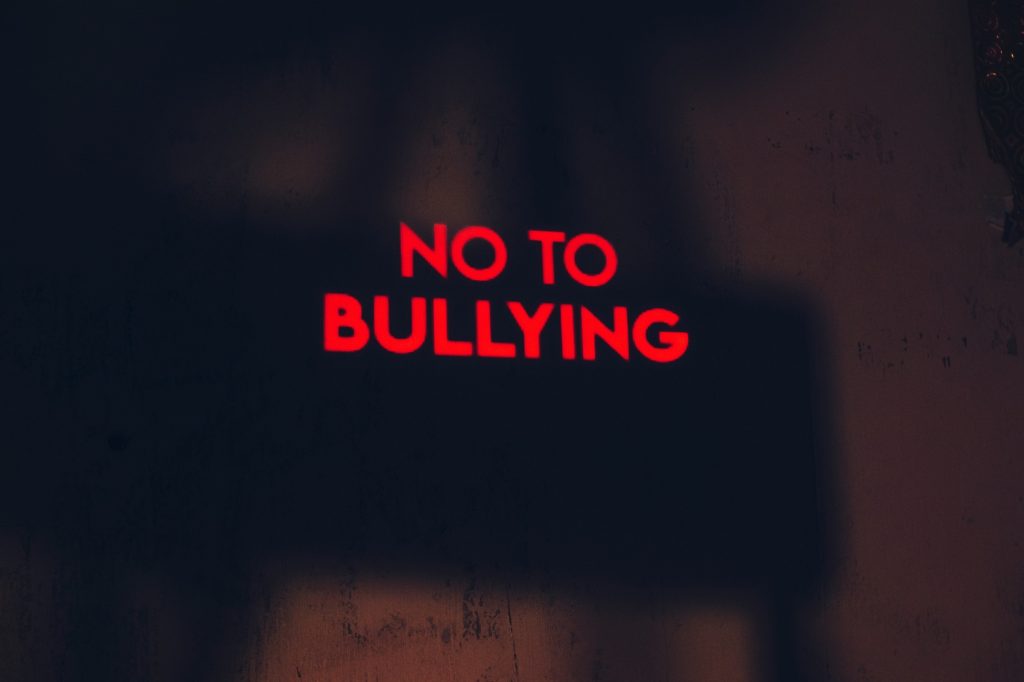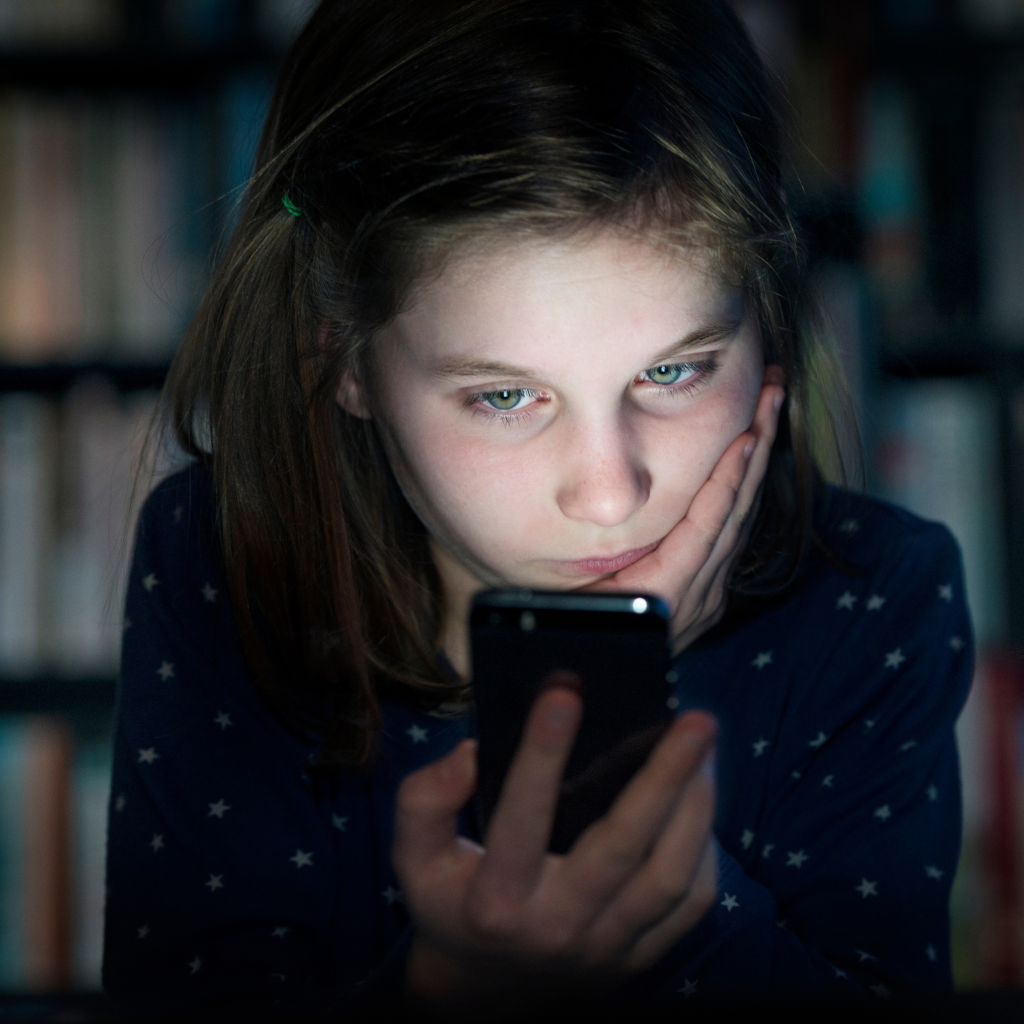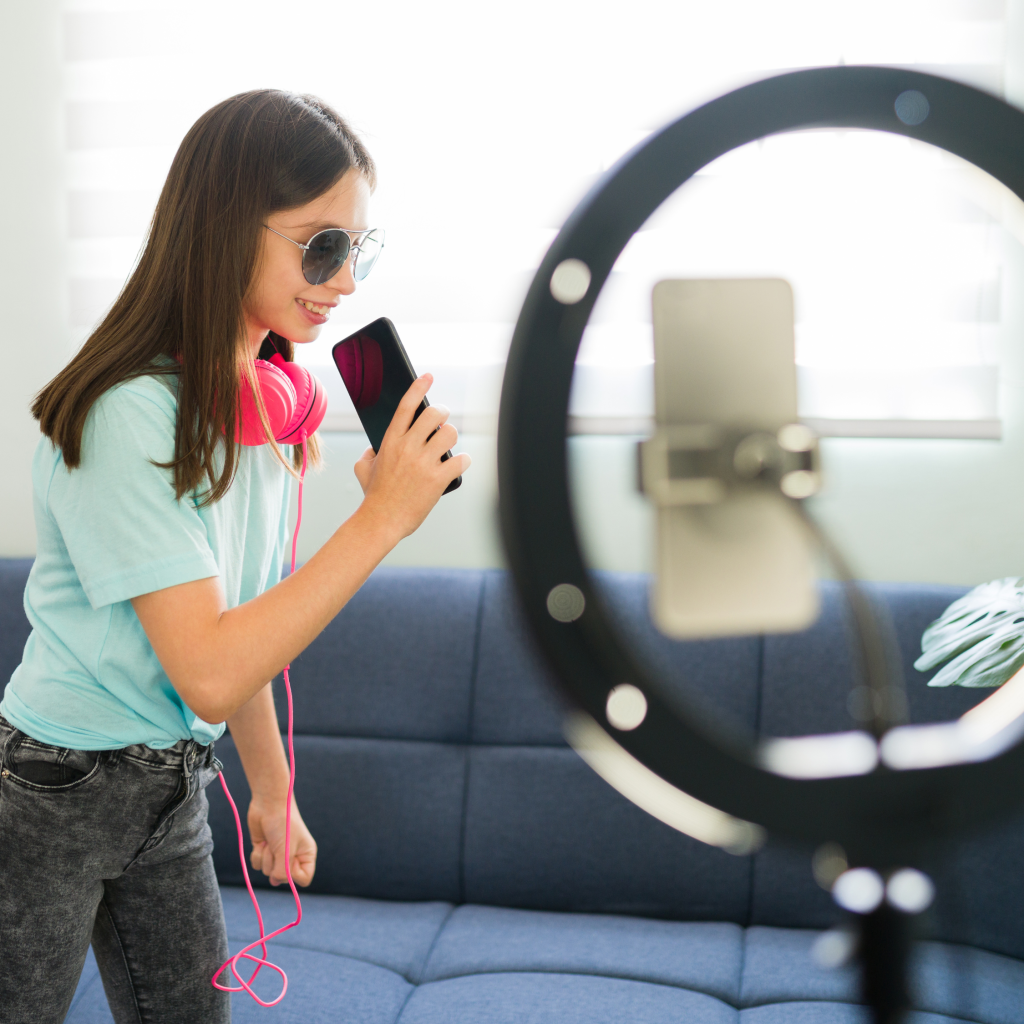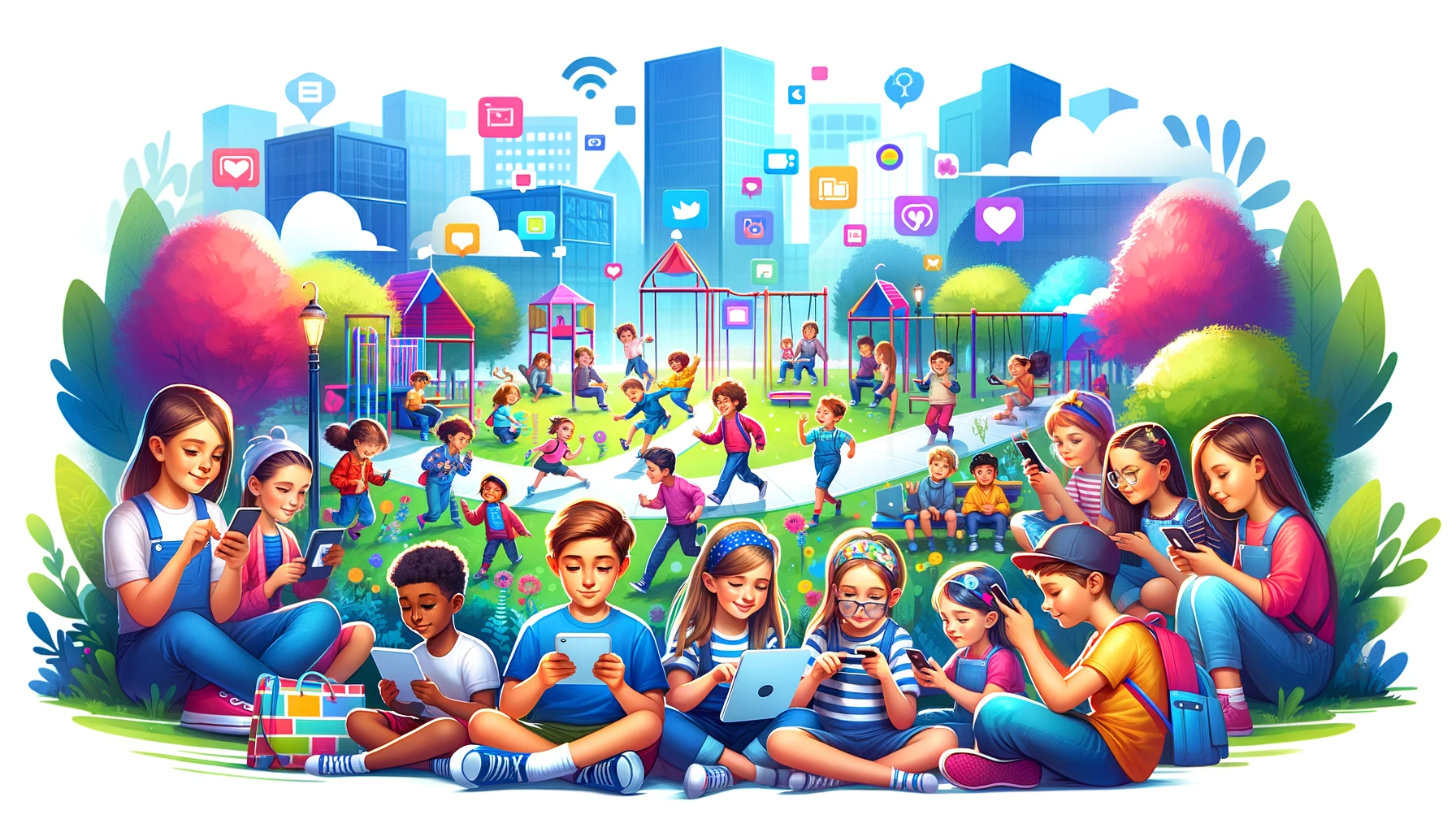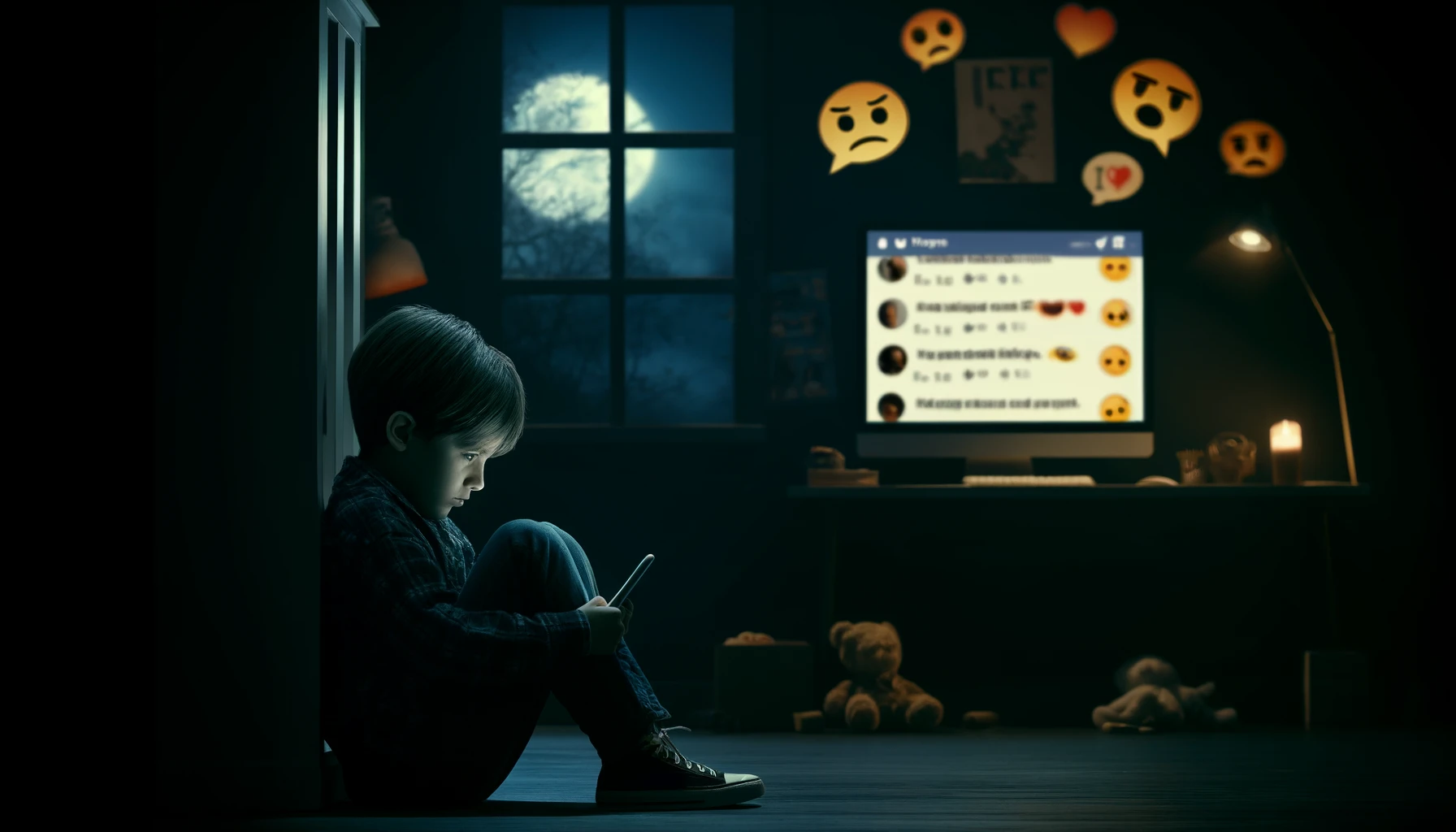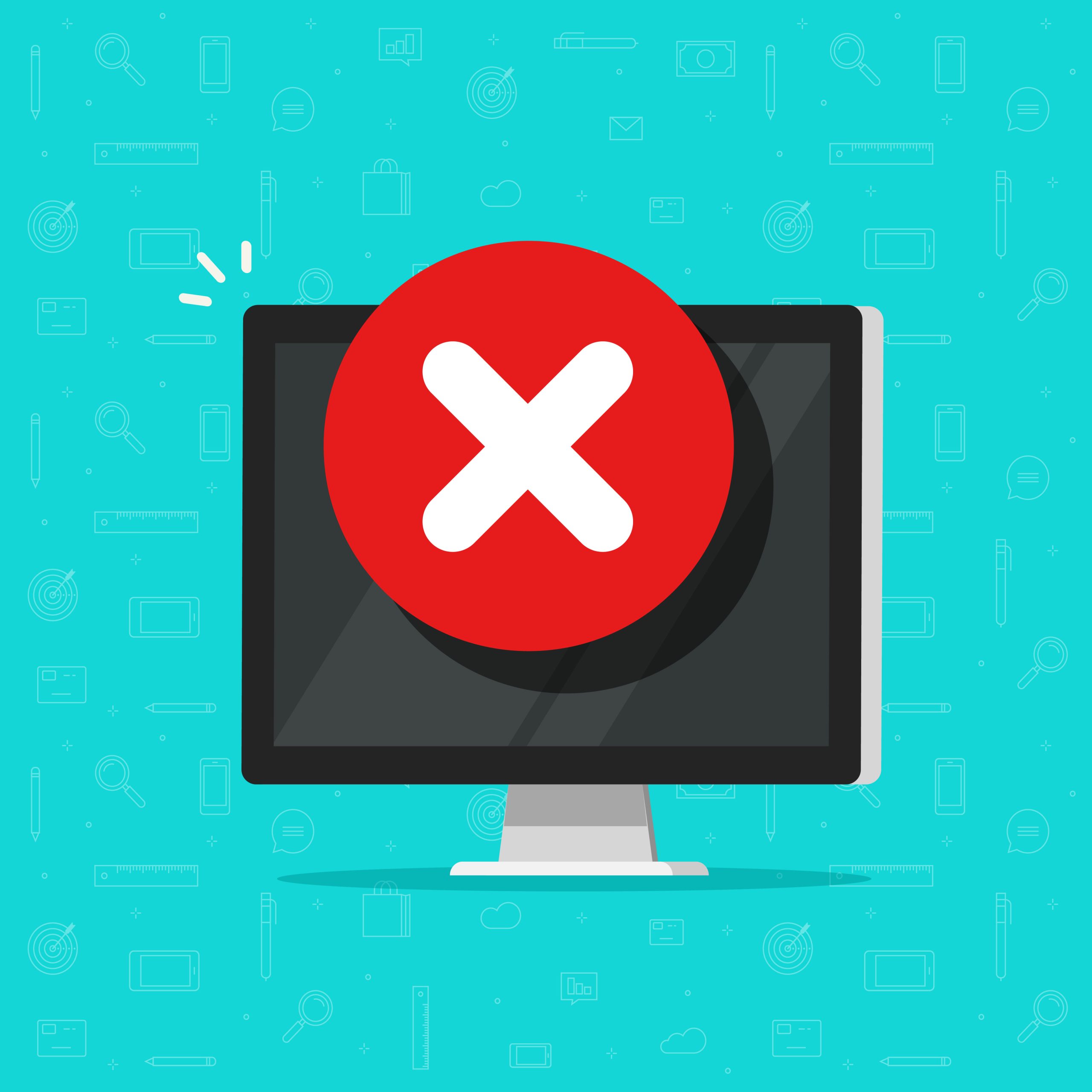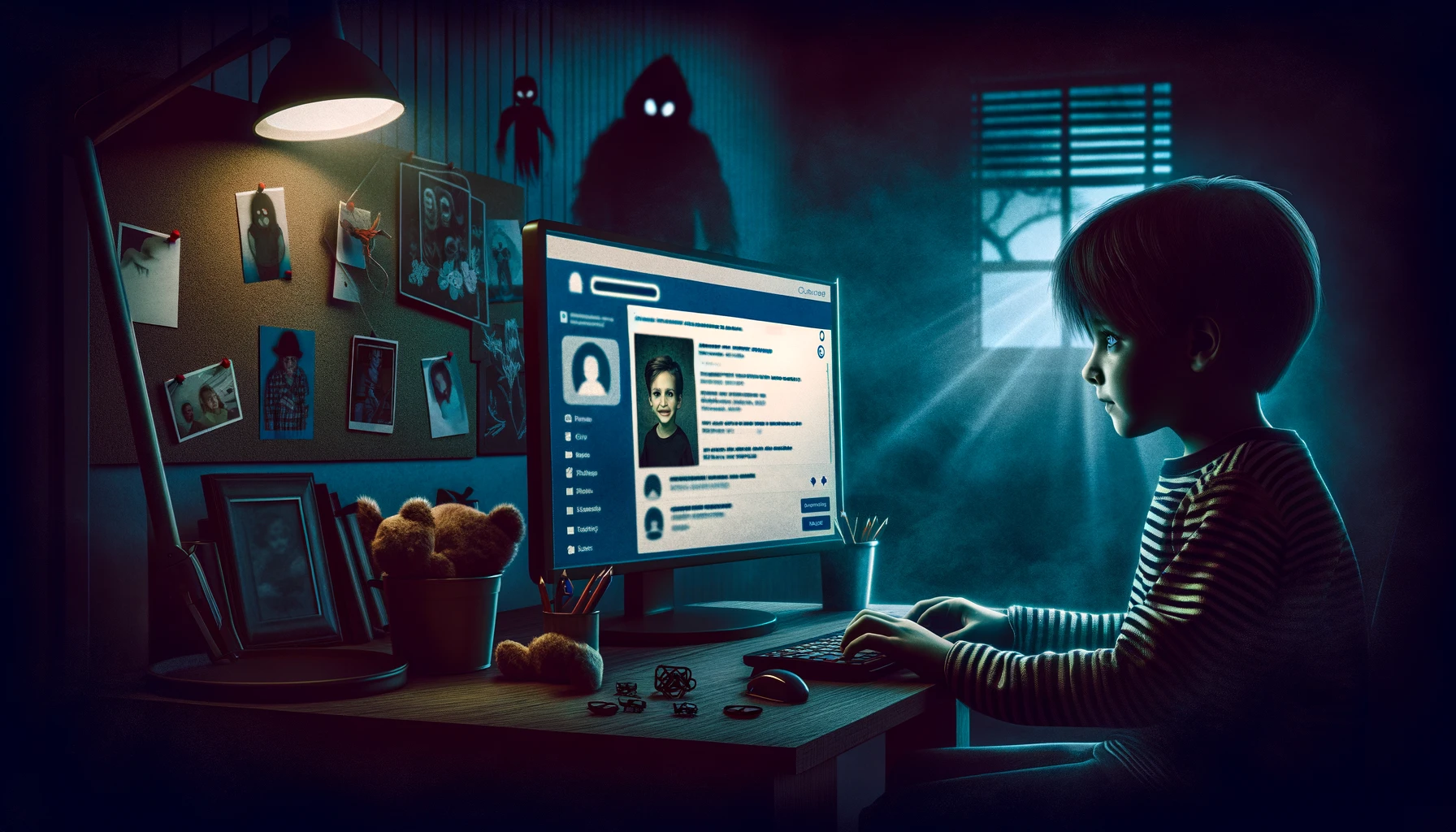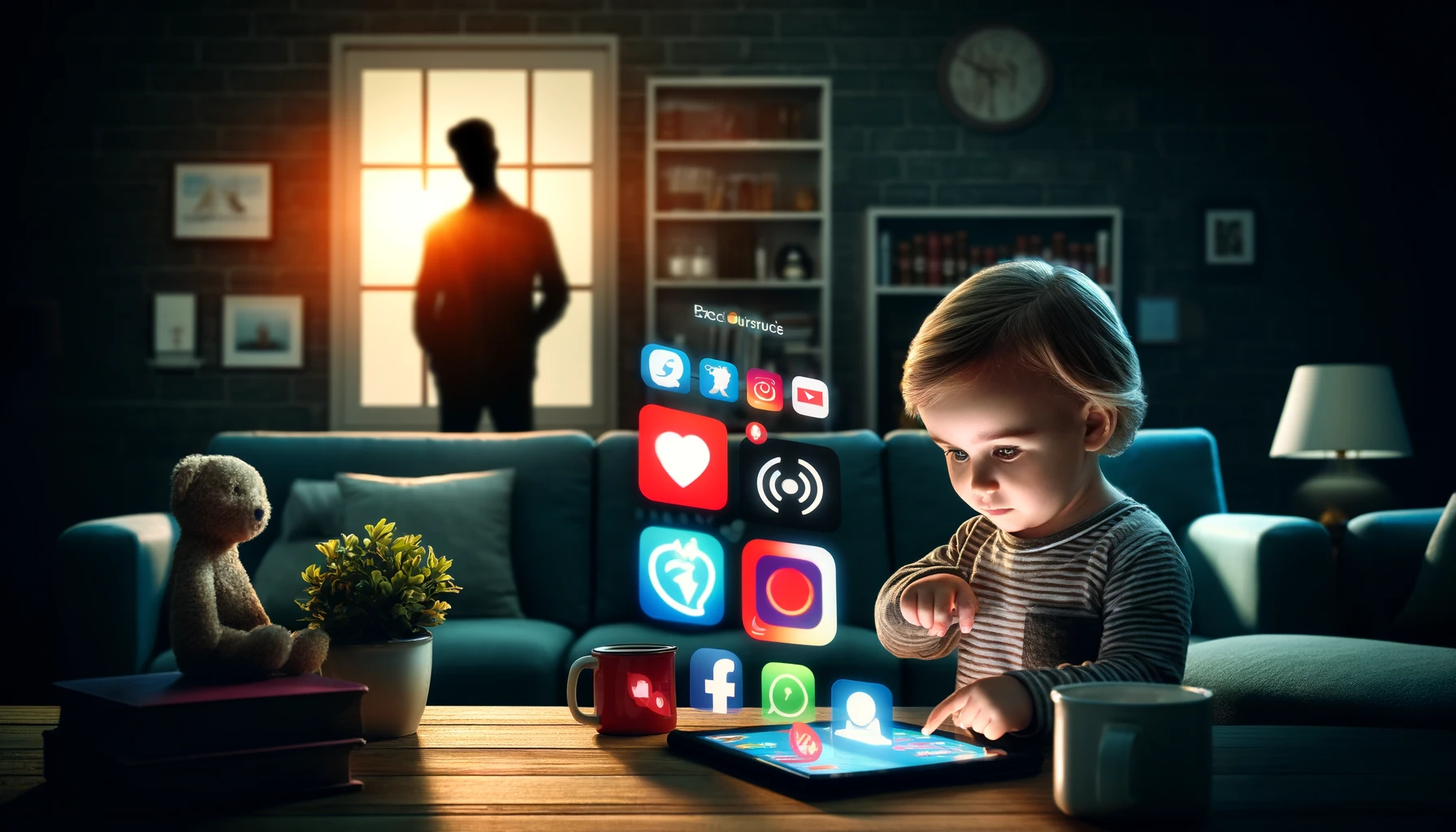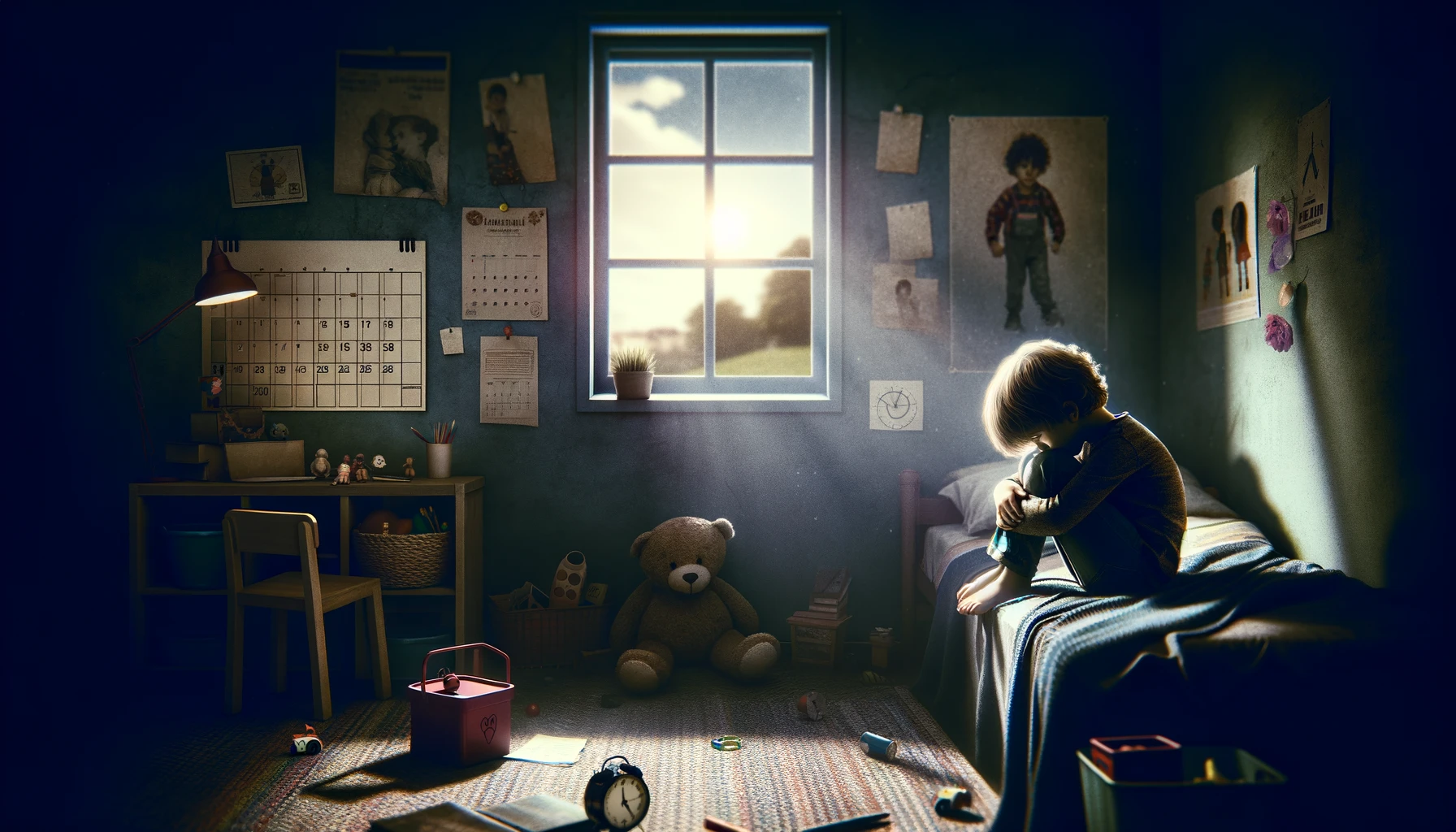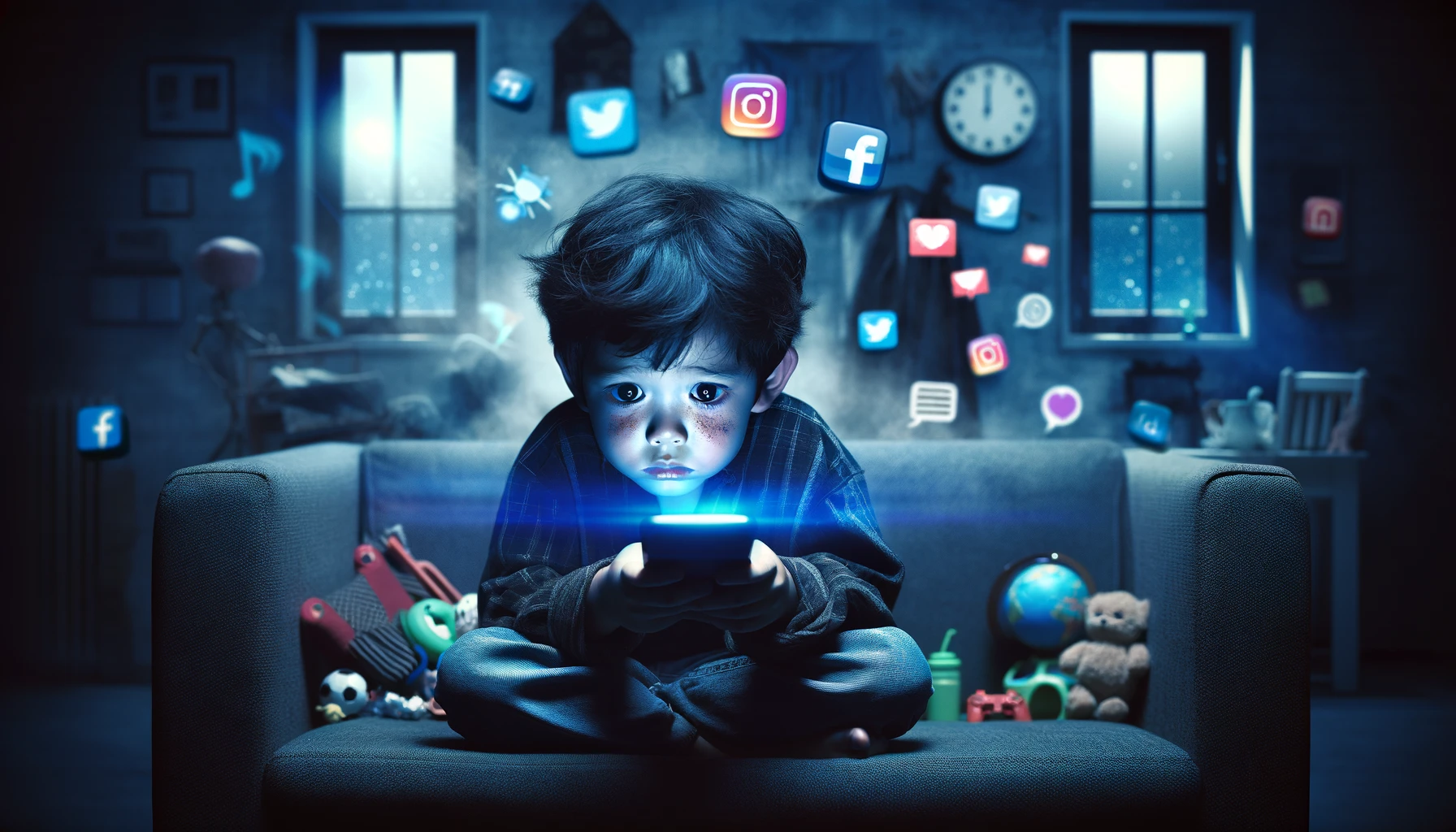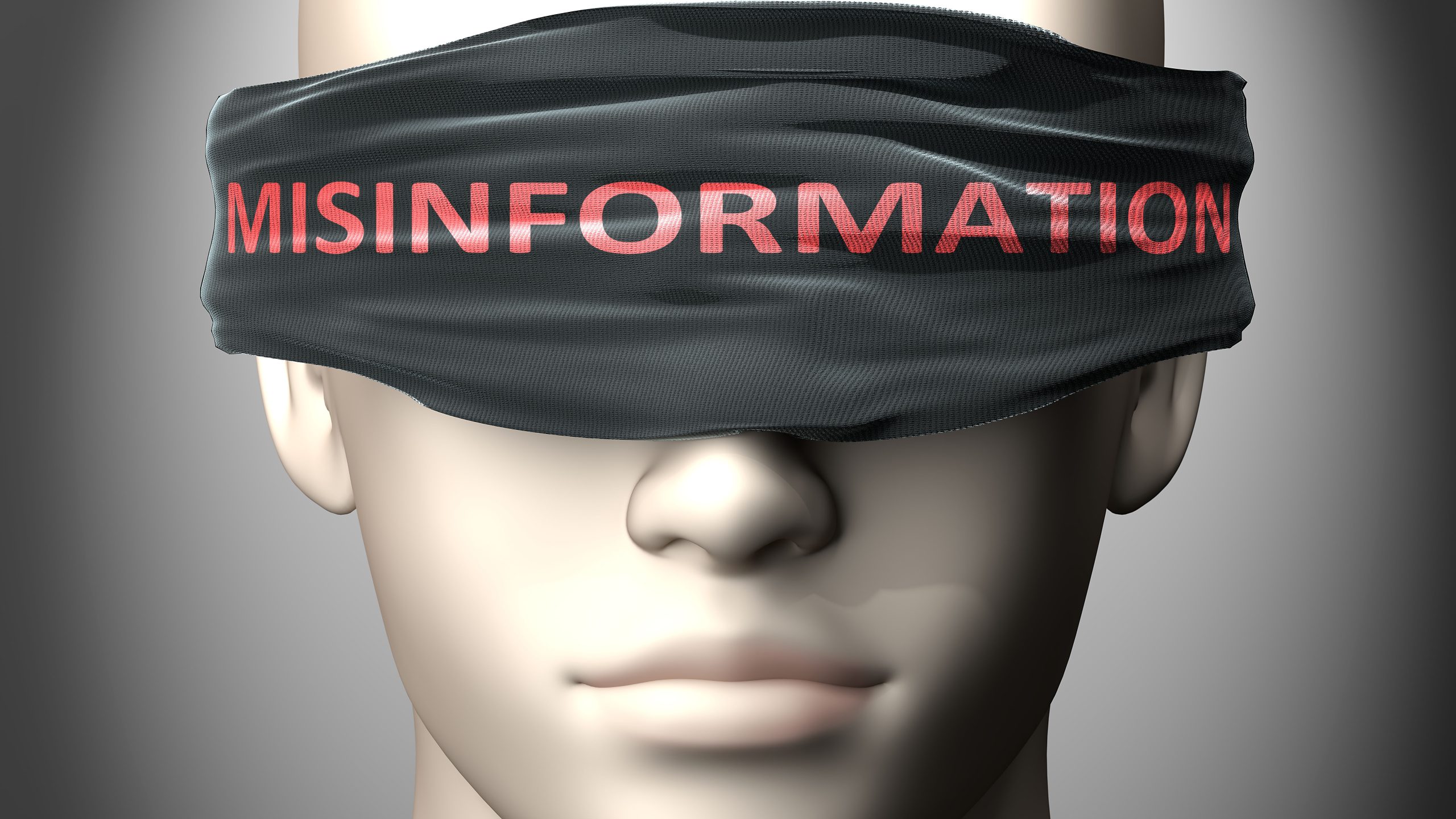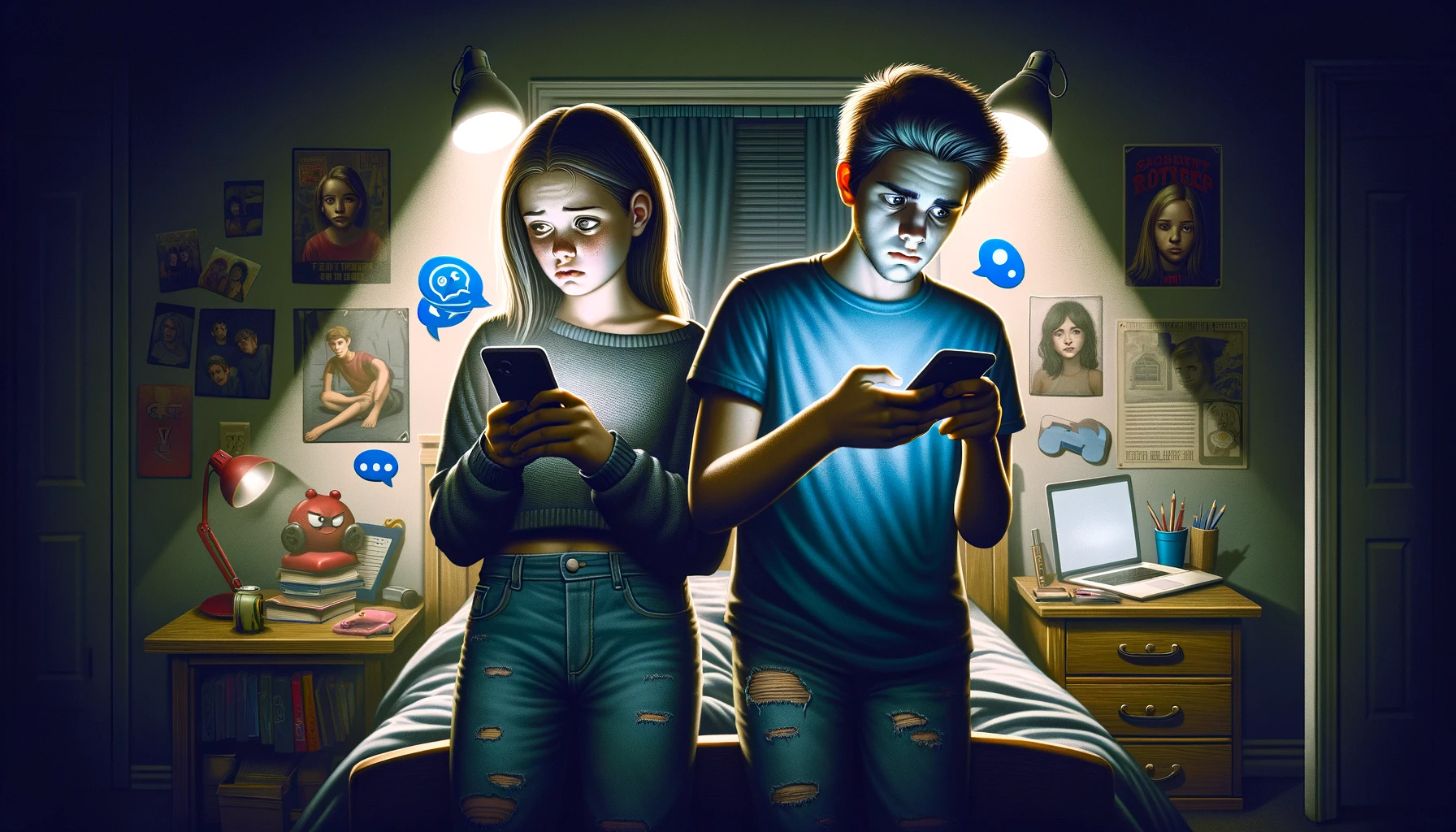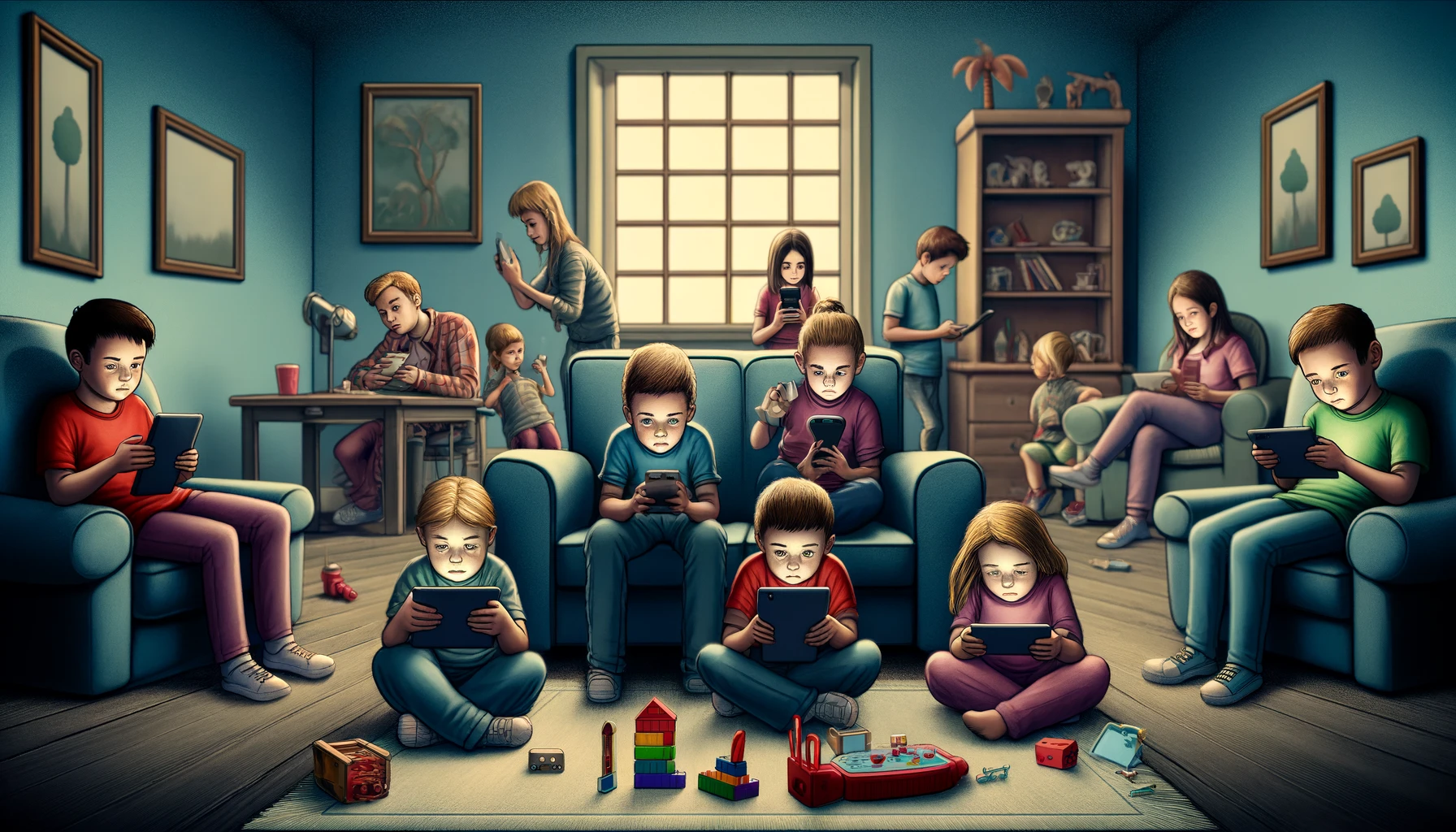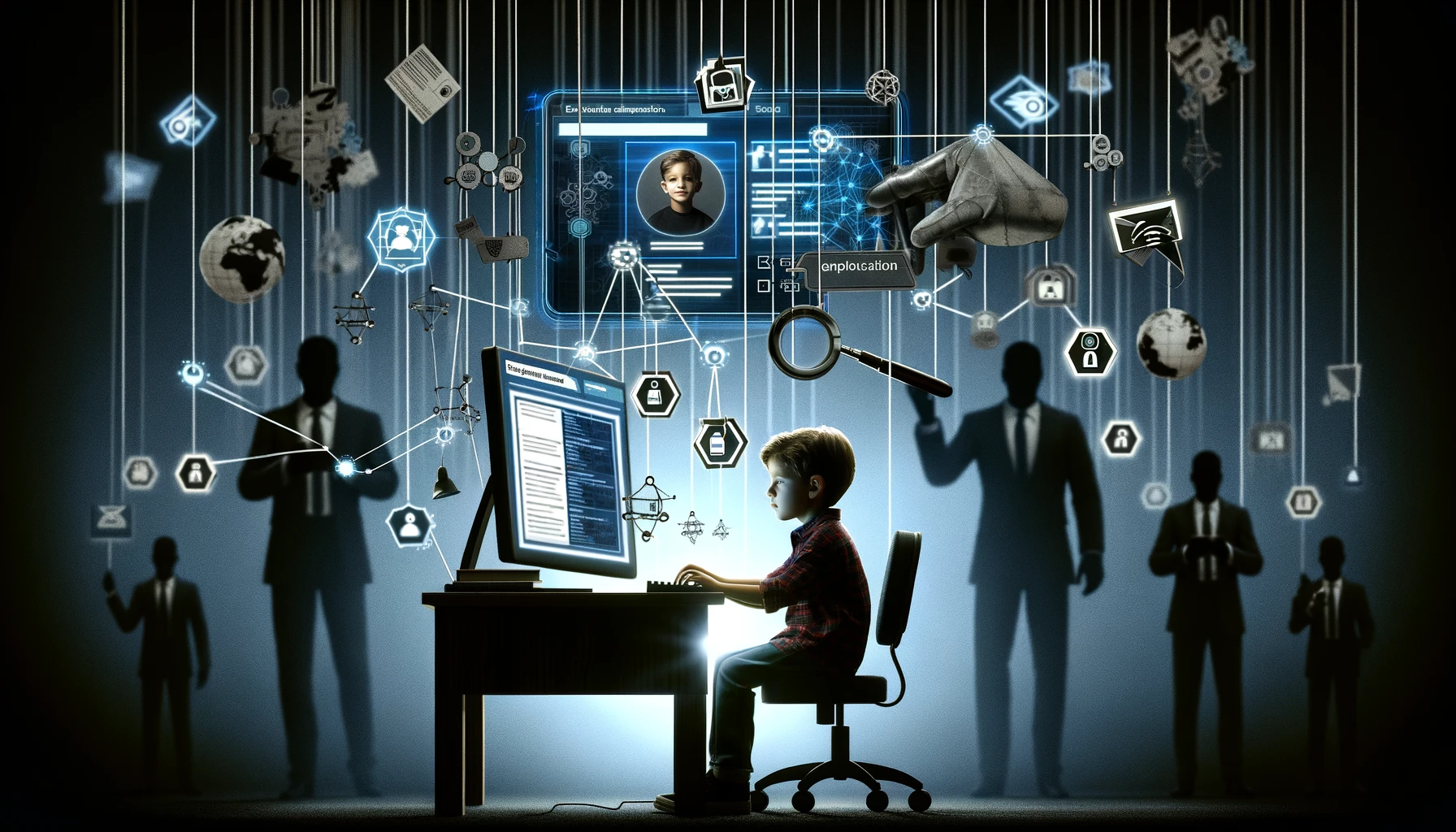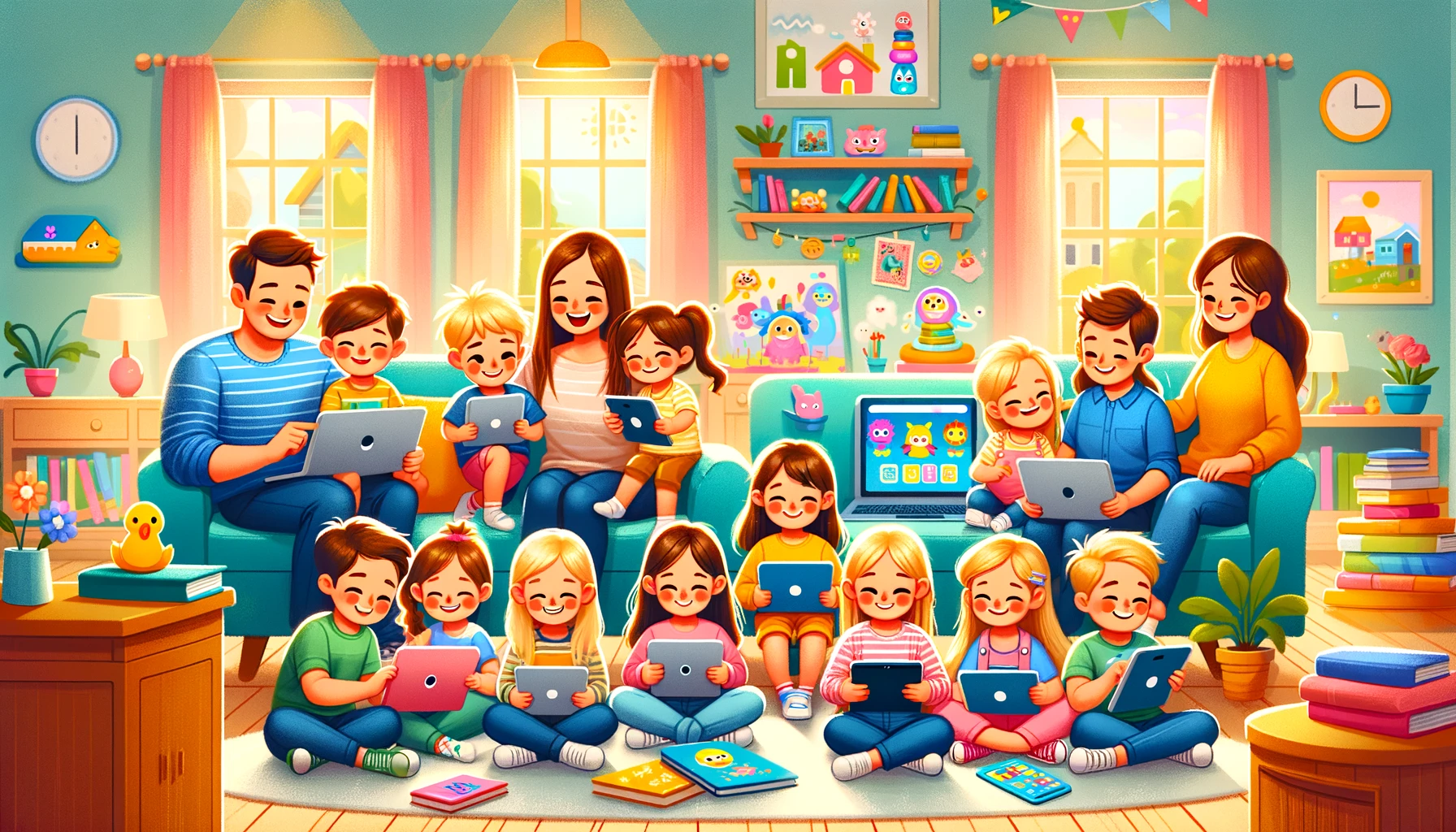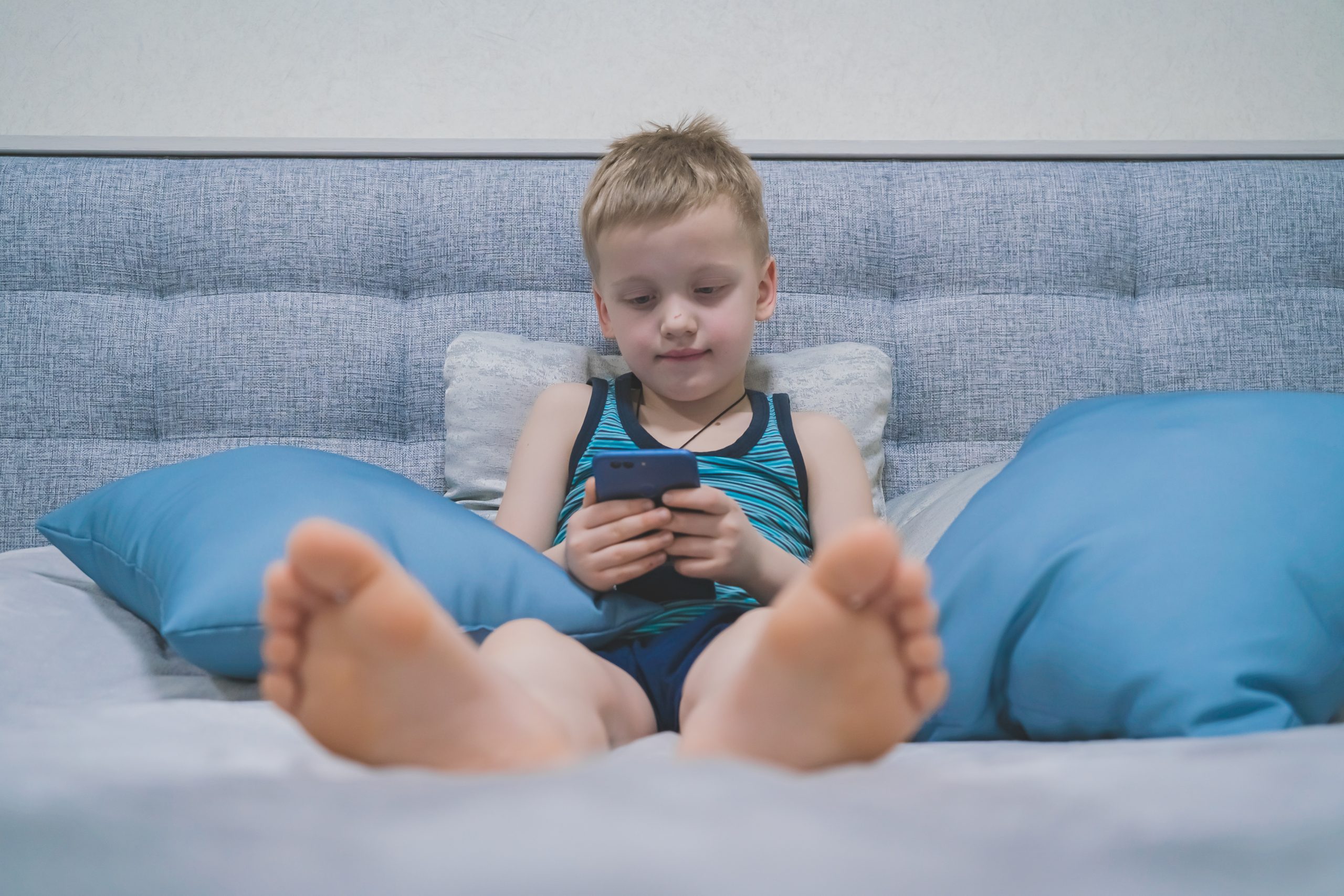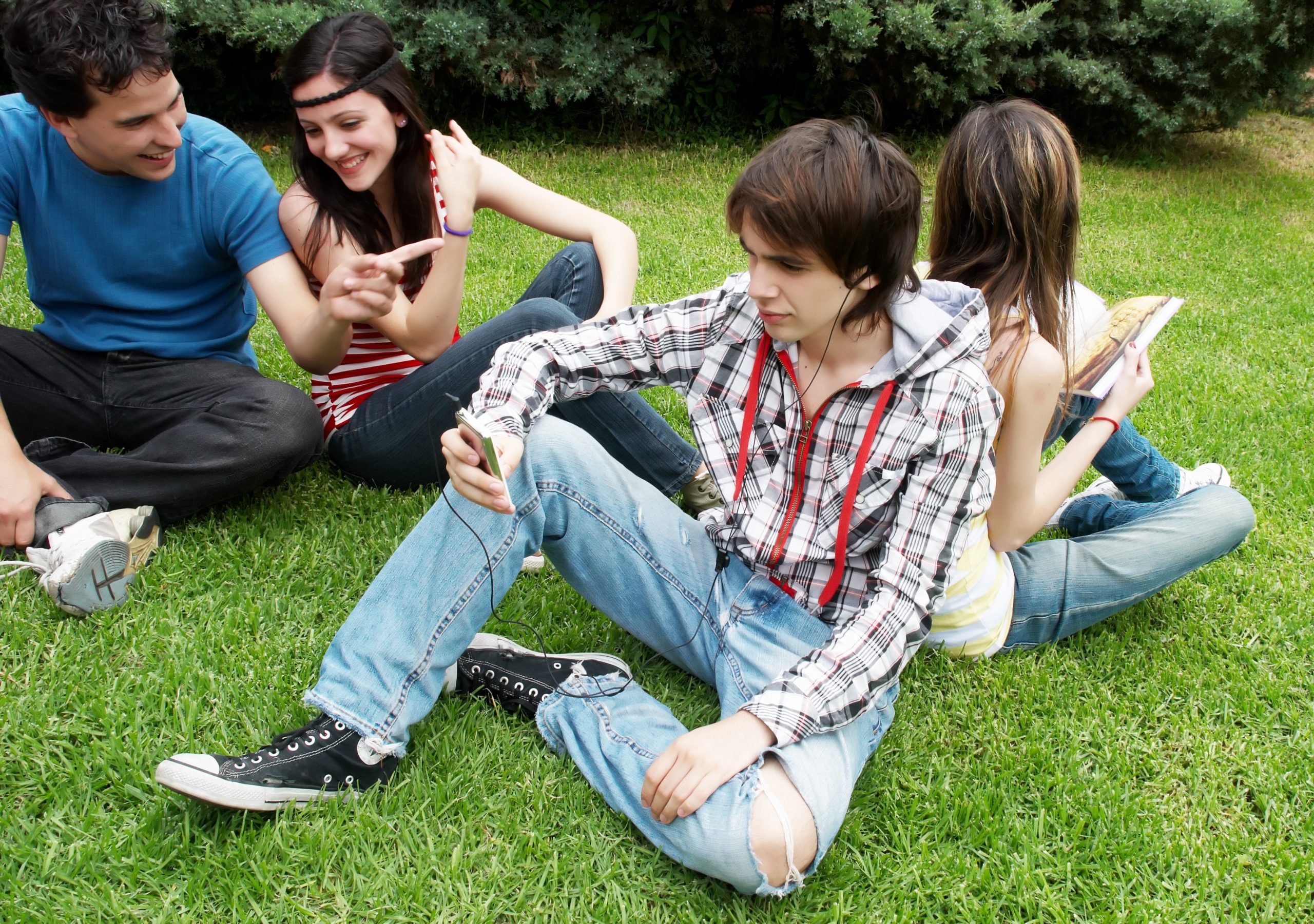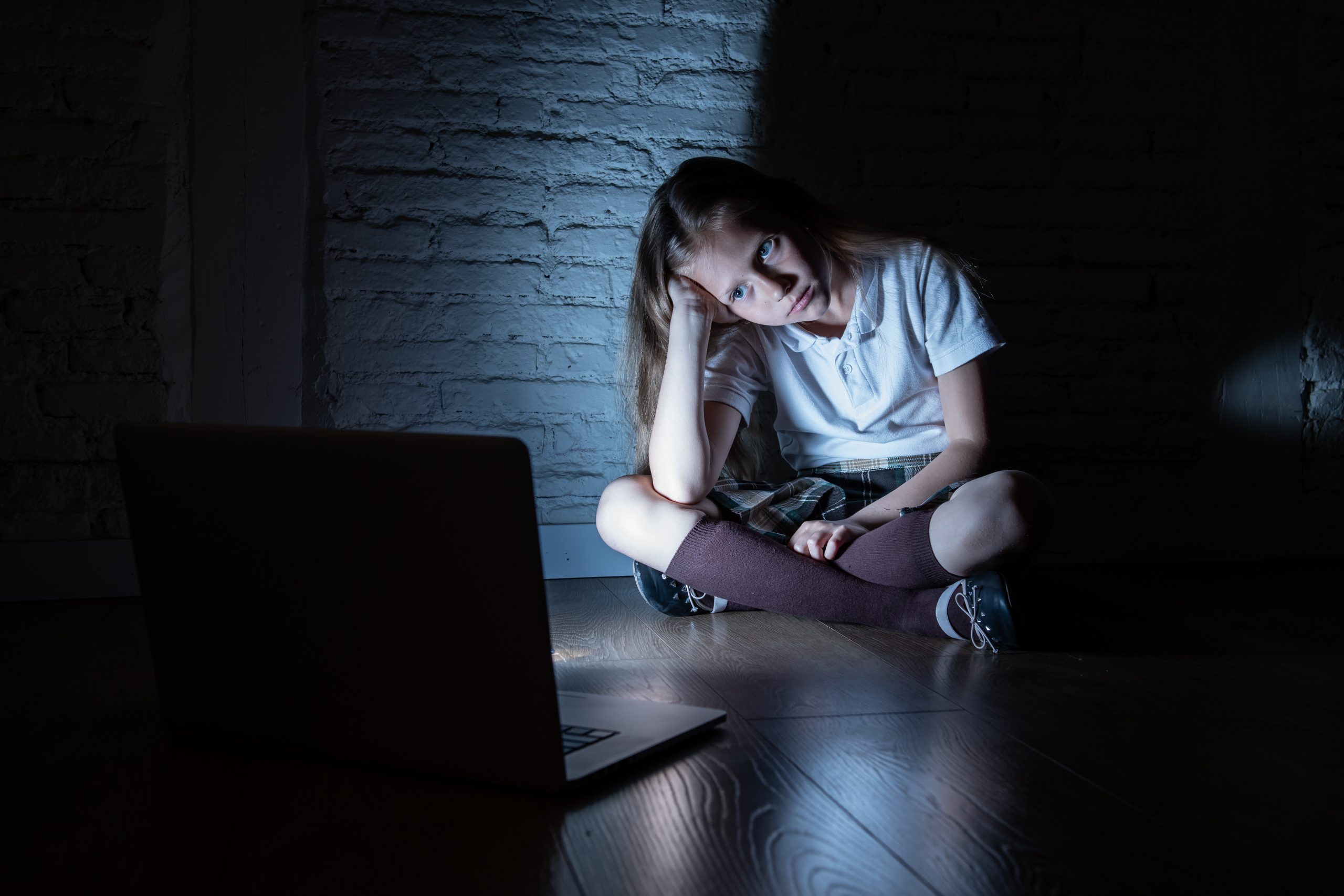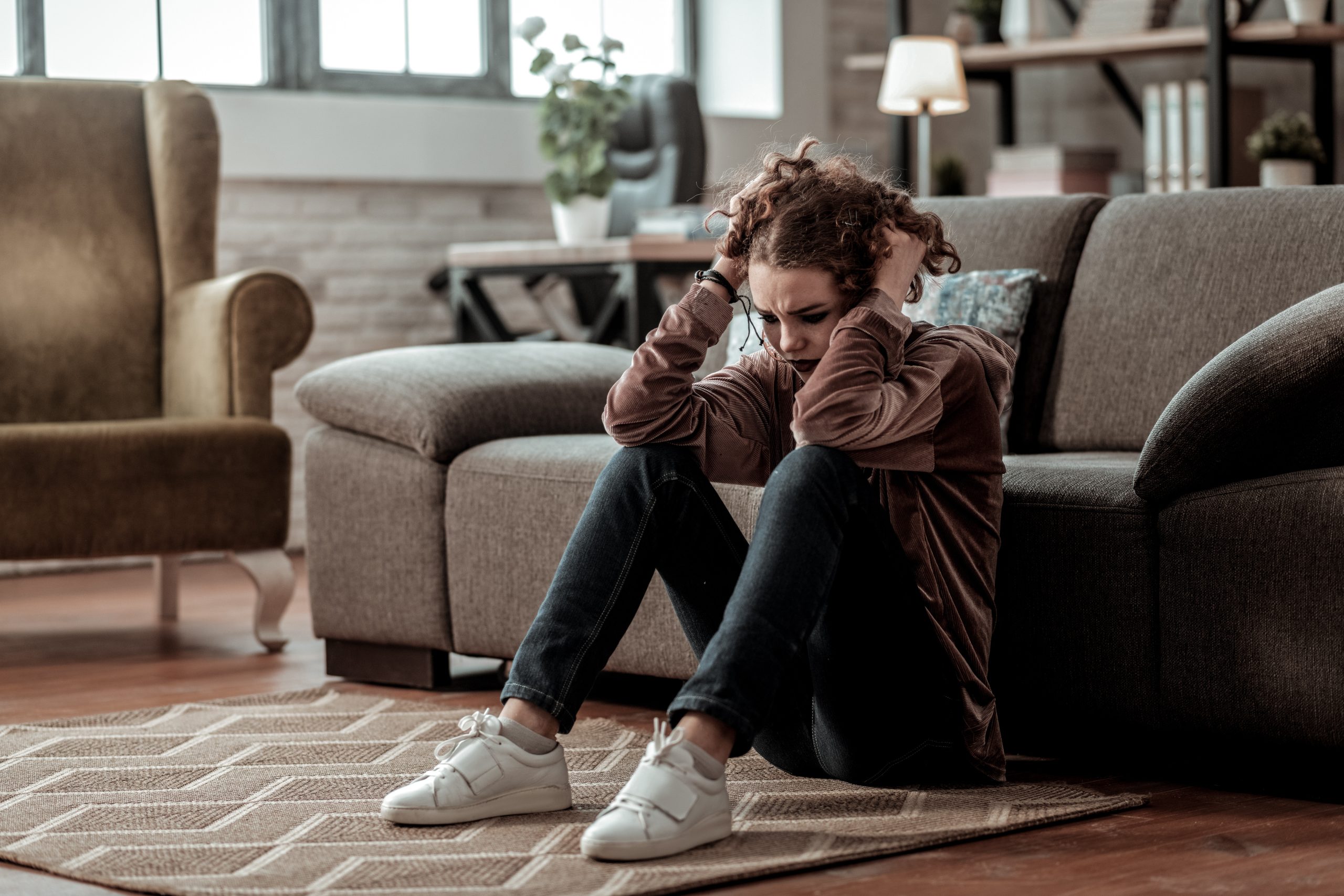
One impulsive post. One shared photo. One mean-spirited comment made in a moment of frustration. In today’s digital world, that’s all it takes to upend not only your child’s future, but also your family’s reputation and peace of mind. While many parents focus on stranger danger or screen time limits, the real threat often lies in what our own kids choose to say and share online.
We’re raising children in an era where mistakes are public, permanent, and searchable. Colleges, employers, and even law enforcement can—and do—dig into a person’s digital footprint. And if your child thinks what they post will disappear, or that being “just a kid” gives them a pass, they’re dangerously wrong. It’s our job as parents to understand the risks, have the hard conversations, and set the boundaries that can prevent a single click from turning into a lifelong consequence. Here are the most common digital mistakes kids make—and why parents need to take them seriously.
1. Posting Inappropriate Content Isn’t Just Embarrassing—It Can Be Criminal
Teens may joke around by sending explicit photos or writing suggestive posts, not realizing they could be breaking the law. In many states, sexting among minors—even consensually—is considered the distribution of child pornography. That means your child could be facing serious legal consequences, not to mention the shame and trauma that comes with it. Even “joking” about violence, school threats, or illegal activity can trigger police involvement. This is one of the parenting moments where being proactive isn’t optional—it’s essential.
2. Nothing Online Ever Really Disappears
Snapchat might promise messages vanish, and Instagram stories may only last 24 hours, but screenshots, backups, and shared links can make anything permanent. Kids often have no idea that what they post in a fleeting moment could come back to haunt them in five, ten, or twenty years. Whether it’s a rude comment, a rant about a teacher, or a controversial meme, everything contributes to their digital footprint. Colleges and employers are watching. So are future friends, coaches, and communities.
3. Cyberbullying Can Make or Break Someone’s Life
What seems like teasing to your child may be experienced as harassment or bullying by someone else. And when cyberbullying happens, it’s not just kids who face consequences—schools get involved, police may be called, and parents can be held accountable. If your child is the one doing the bullying, you could find yourself legally or financially responsible for the harm done. Teaching empathy, digital etiquette, and the power of words online is just as important as teaching manners in real life. Digital safety starts with how we treat others.
4. Sharing Too Much Information Invites Real-World Danger
Kids love to post selfies, tag locations, and share what they’re doing in real time. But oversharing makes them vulnerable to stalking, identity theft, and predatory behavior. A simple photo of your house number, your child’s school uniform, or a birthday post with the birth year gives strangers everything they need to find or impersonate your child. Privacy settings aren’t foolproof, and many kids don’t fully understand who can see what. The best digital safety rule? If you wouldn’t shout it in public, don’t post it online.
5. Impersonation and Fake Accounts Can Backfire Fast
Some kids create fake accounts—so-called “finstas”—to hide posts from parents or school officials. Others may impersonate friends, teachers, or even celebrities as a joke. But these kinds of pranks often escalate quickly into serious issues like harassment, identity theft, or school discipline. What starts out as “fun” can lead to suspension, legal action, or social fallout. Teaching your child to be authentic and respectful online means helping them understand that what they do under any username still reflects on who they are.
6. Online Mistakes Affect the Whole Family
A viral post or a scandalous screenshot doesn’t just hurt your child—it can drag your entire family into unwanted attention or legal problems. Parents have lost jobs or faced lawsuits because of what their kids posted online. Family reputations can be damaged in the community or school system. And in worst-case scenarios, families may have to deal with legal fees, media coverage, or even relocation due to backlash. Parenting in the digital age means managing risk for everyone under your roof.
7. Not Talking About Digital Safety Is the Biggest Mistake of All
Silence is not safety. Many parents avoid discussing digital behavior because they feel overwhelmed, out of touch, or worried about seeming nosy. But kids don’t need perfect tech knowledge from parents—they need guidance, boundaries, and honest conversations. Start talking early and keep checking in. The more open your communication, the more likely your child will come to you before making a damaging mistake.
How You Parent Online Behavior Matters More Than You Think
Kids don’t come with an online safety manual, but they do come with questions, impulses, and the ability to learn. If we want our children to act responsibly on the internet, we need to lead with example, educate with intention, and enforce boundaries with clarity. Digital parenting isn’t just about controlling apps—it’s about shaping character. The digital world isn’t going away, so let’s raise kids who are ready to navigate it wisely.
How do you help your child make safe digital choices? Share your insights in the comments below.
Read More:
Is It Ever Okay to Snoop Through Your Teen’s Phone?
10 Hidden Dangers of Social Media Every Parent Should Know
Catherine is a tech-savvy writer who has focused on the personal finance space for more than eight years. She has a Bachelor’s in Information Technology and enjoys showcasing how tech can simplify everyday personal finance tasks like budgeting, spending tracking, and planning for the future. Additionally, she’s explored the ins and outs of the world of side hustles and loves to share what she’s learned along the way. When she’s not working, you can find her relaxing at home in the Pacific Northwest with her two cats or enjoying a cup of coffee at her neighborhood cafe.
